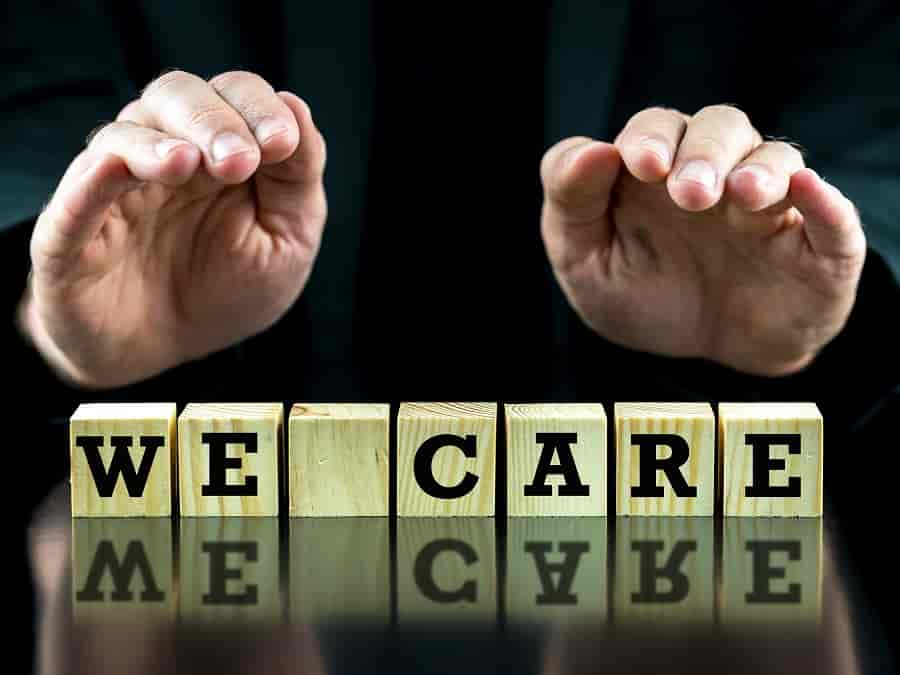The Workers Union is calling for politicians and public institutions to ‘stayed focused’ on the welfare of working people.
In a statement released this morning, a spokesperson for the organisation said: ‘Working people have been on a white knuckle journey ever since the dawn of the COVID age. They have seen furlough, lockdowns, redundancies and working from home reconfigure what it means to be of working age in the 21st century. They have heroically and selflessly tried to go on delivering services to customers in the most challenging of circumstances.
‘Yet while the pandemic has irrevocably altered life for a generation, in recent weeks it seems like a “we’re through it now” narrative has started to bubble to the top of the agenda. Yes Omicron may be less deadly than other variants, and yes England is “only” under “Plan B” restrictions. But that does not mean that the cold hand of corona is no longer felt up and down the country. The latest data released by the Office for National Statistics (ONS), shows that between December the 13th (when the government changed its guidance) and January the 3rd, nearly 20 percent of working adults worked from home.
‘The challenges are not restricted to home working either: 16 percent of businesses endured cancellations, rising to 45 percent in particularly vulnerable sectors like food services and accommodation, with widespread staff shortages also an issue. In short, branding the pandemic as over is a long way from the reality on the ground.’
The Workers Union Says
In delivering the vaccination programme, our politicians have successfully managed one of the biggest logistical operations in peacetime history. But they would do well to step back and think about the ongoing effects of COVID on working people. Isolation borne of homeworking, extra pressure on staff covering for sickness, lay offs and part-time hours are all a very real consequence of the current situation. It seems slightly surreal, therefore, to be talking in terms of transitioning from “pandemic” to “endemic”, while we still remain unclear on where Omicron will take us.
The truth is, that the welfare of working people must remain at the forefront of political and institutional decision-making. There are sectors of our economy that continue to experience turbulence, while many people remain concerned about the far-reaching effects of COVID on their lives. Yes, there must, at some point, be a transition, but it is too soon to say ‘we can live with COVID’ without presenting a comprehensive range of measures that reflect the enormity of that decision.




